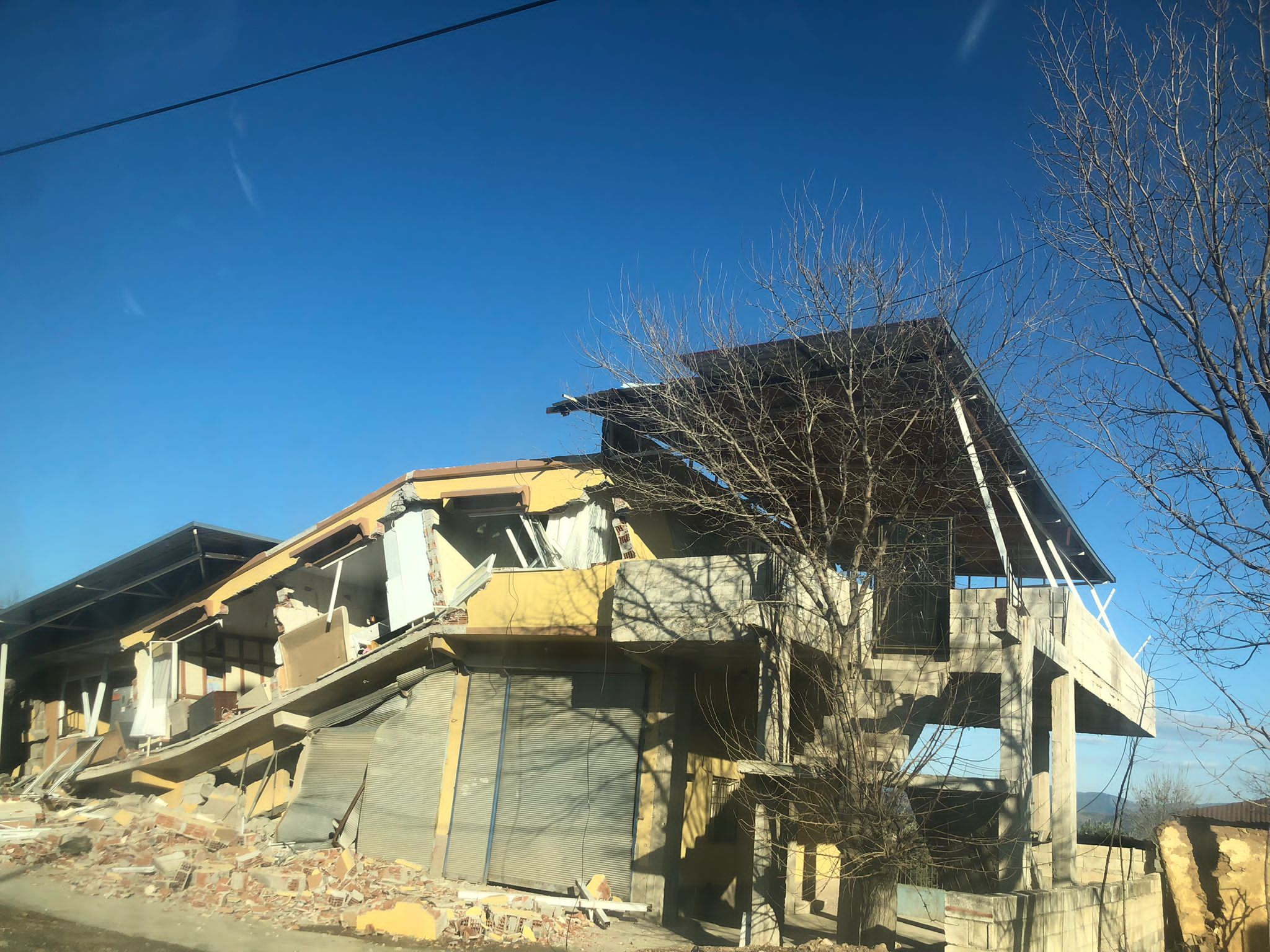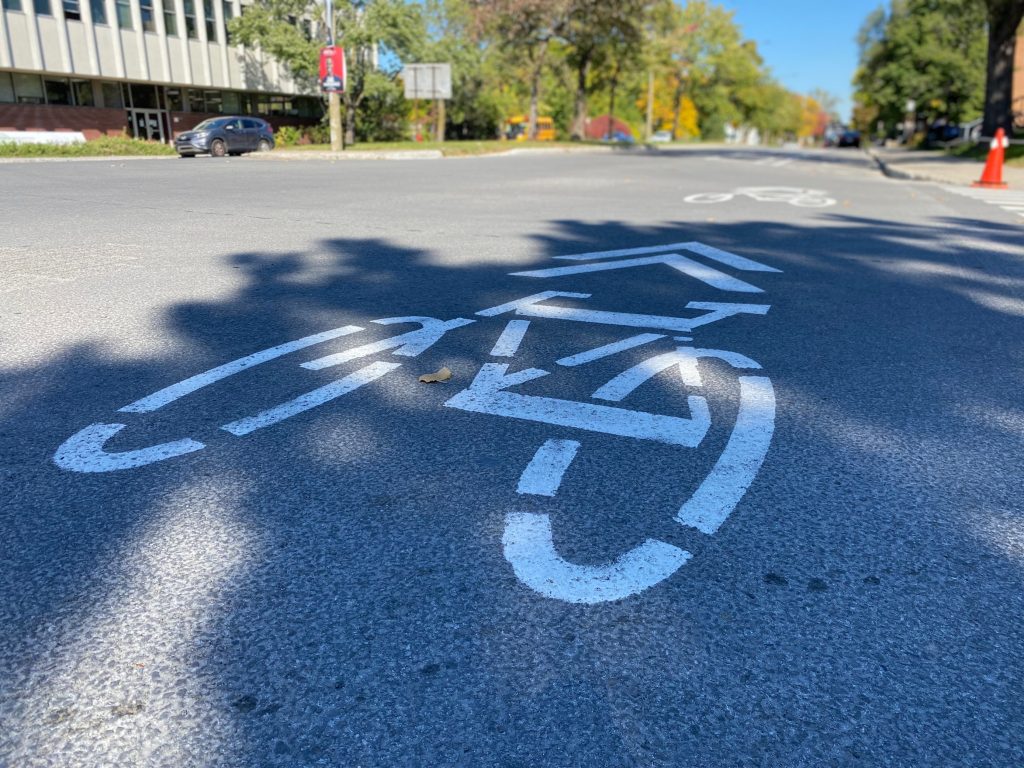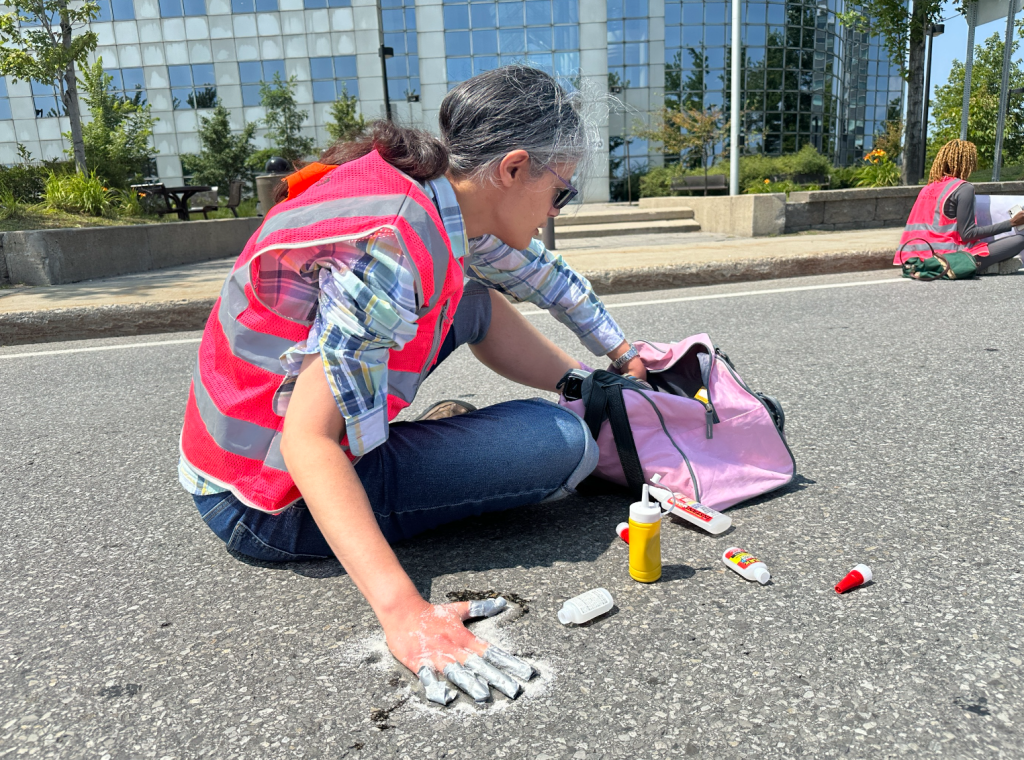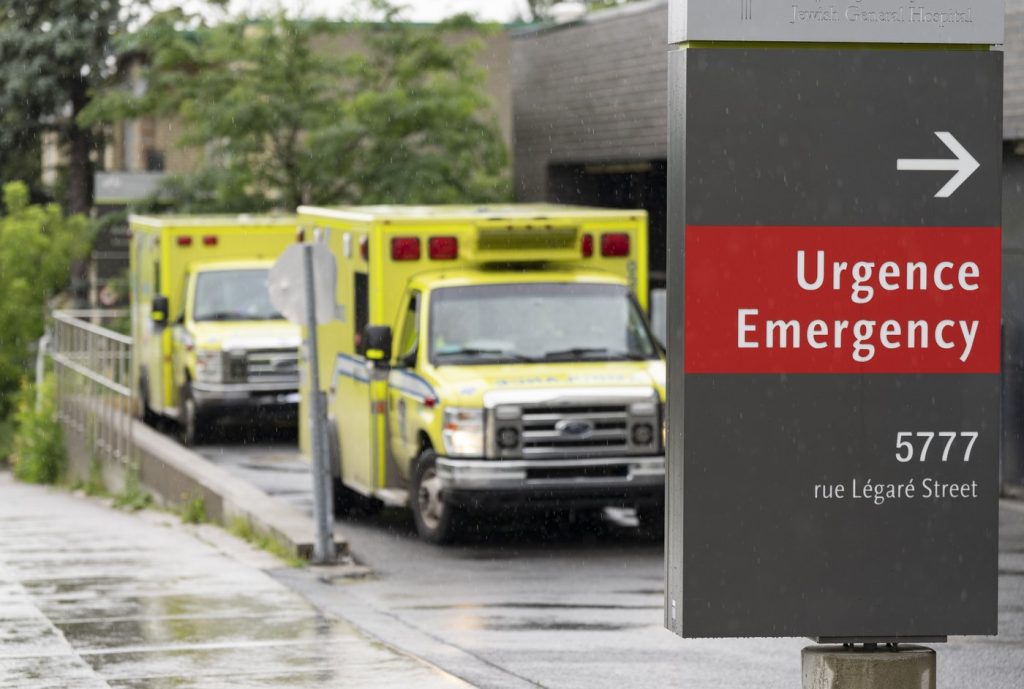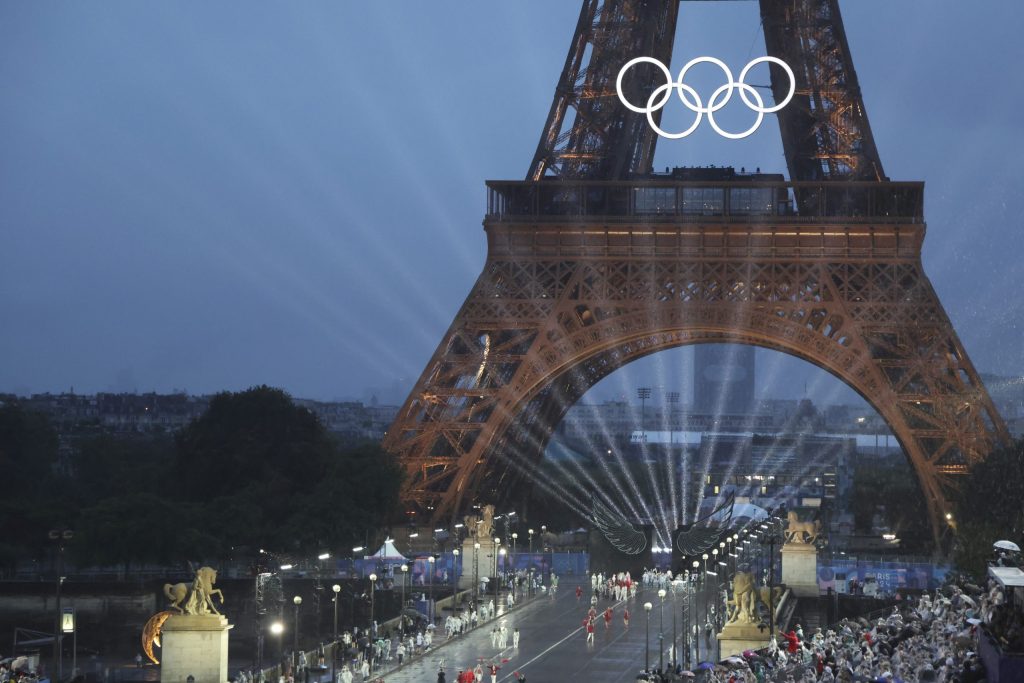Montrealer describes ‘apocalyptic scenario’ in aftermath of Turkey earthquake
Posted March 1, 2023 2:56 pm.
Last Updated March 1, 2023 6:39 pm.
WARNING: This story contains graphic details some readers may find disturbing.
Eduardo Alves Dos Anjos describes a scene of heart-wrenching chaos.
Dead bodies, the whirring of rescue helicopters, grieving families – what he calls an “apocalyptic” tragedy.
That’s what the Montrealer encountered when he arrived in southeast Turkey shortly after the Feb. 6 earthquake that rocked the country and neighbouring Syria.
“There’s nothing that can prepare you for what I’m witnessing here,” said Dos Anjos. “The sheer amount of desperation and grief that you feel in people’s faces is real. The pain is palpable. You feel it in the air. There’s a thick smoke in addition to that, that makes it almost hard to breathe. And the army has been dispatched.
“You can hear the helicopters at the back, the pollution, traffic jam, infrastructure of the country being completely destroyed right now. It’s a very disorienting scene.”
Dos Anjos, a member of the International Development and Relief Foundation (IDRF), immediately left the comforts of home after the first quake hit Turkey, getting on a plane that very day.
“When I was called by my boss to go to Turkey to do some field visits to see the earthquake region, I felt stressed because I have responsibilities here. I have a family to take care of,” said Dos Anjos, the group’s community development manager for Eastern Canada.
“But then I told myself, these people are actually going through a lot. They need our help. You have to think about yourself a little less here and try to be what the situation requires from you, which is a little bit of selflessness.”
The Turkey-Syria earthquake killed at least 50,000 people and injured many more, according to the U.N. Tens of thousands are still missing and hundreds of thousands are homeless.
“It really feels like the end of the world, without any exaggeration,” said Dos Anjos. “Destruction is just beyond explanation and our imagination. Everywhere you look, it really seems like you’re witnessing a tragedy or apocalyptic scenario where children are walking barefoot on the floor. Dead bodies are everywhere. Families grieving. The helicopter from the army at the back, making a buzzing noise. The ambulance trying to rush in on jam-packed highways and traffic. People being tense and fights breaking off.
“And it’s really a sort of an atmosphere where everything feels so negative and it’s so overwhelming and it weighs you down literally. You feel heavy. The atmosphere, it’s palpable. What’s happening there in the air? So psychologically, it does take a huge toll on you.”
Since arriving in the country, Dos Anjos says he’s been faced with the Turkish people’s hardships and tragedies.
One story in particular, he says, still keeps him up at night.
“When we were leaving Hatay, to go to the Ataturk Airport to go back to Istanbul when my trip was finished, we saw families carrying corpses of their family on the rooftop of their cars. And you can smell the foulness of that corpse, even with your windows closed in the car.
“And I mean, just imagine the level of despair that people were going through. It’s just unbelievable that you’re willing to go this far and enduring all this pain, going through the trauma of the buildings collapsing. And then you have to carry the corpse of your mother, your son, your father… And being stuck in traffic. For hours. I mean, that’s just… It’s beyond explanation. How can you put into words this emotional toll that it takes on people?

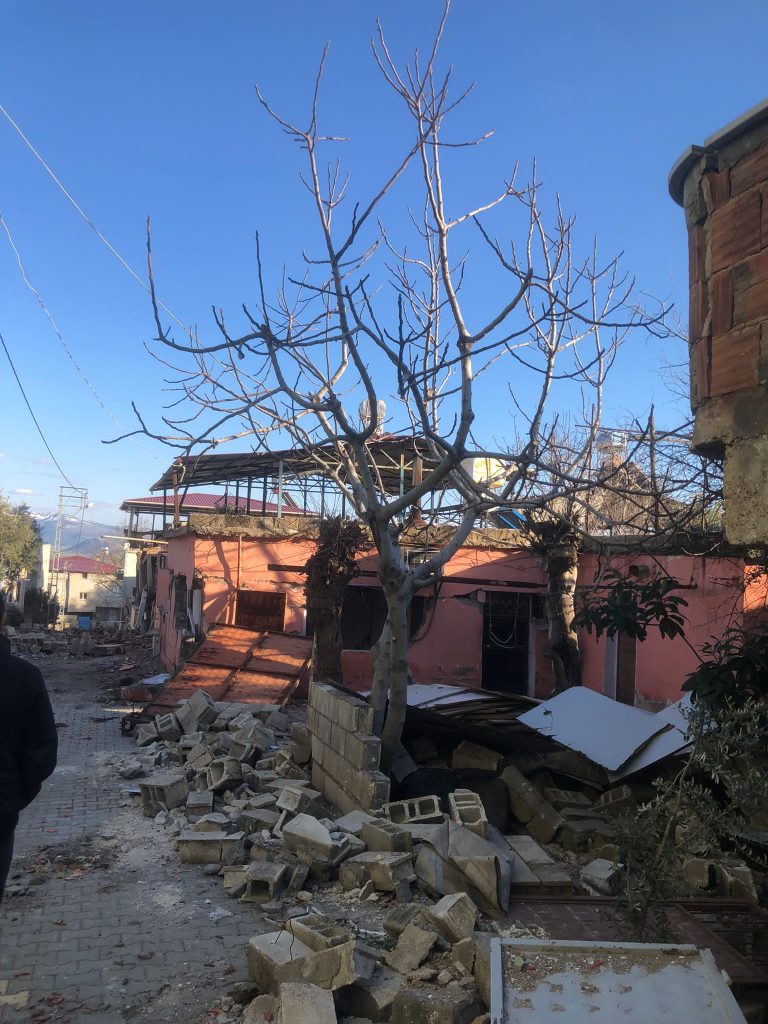
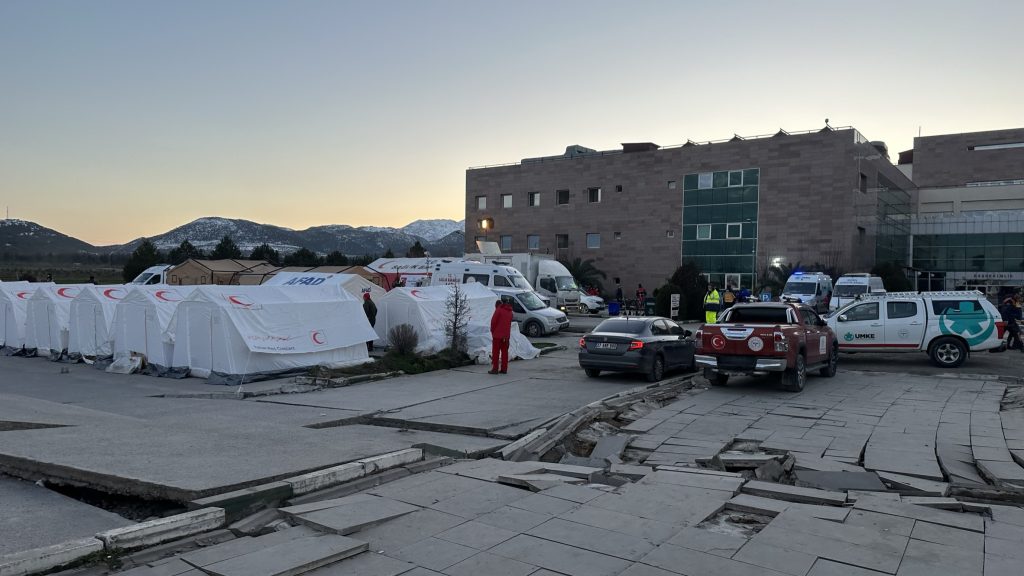
The IDRF is working to provide emergency aid in the form of food, temporary shelter, relocation, blankets, mattresses and psychosocial services.
“We are also providing heat, we’re providing people with medical kits, winter kits, because they need everything,” added Dos Anjos. “That’s just a reality. So right now we’re really focusing on the emergency needs. And as things stabilize with time, we are going to go into a more sustainable development rebuilding the infrastructure, rebuilding people, minds and hearts, and trying to make them heal from the trauma.
“But we’re far from being there yet. We’re still very much an emergency situation.”
Anyone wishing to support IDRF and the work the organization is doing on the ground in Turkey can visit their website.
